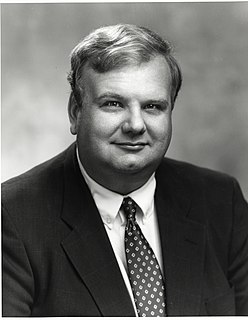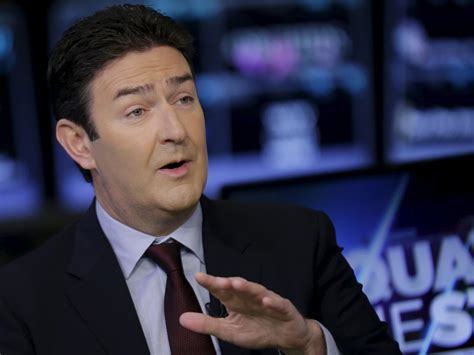A Quote by Jerome Powell
All economic forecasts are subject to considerable uncertainty. There is always a wide range of plausible outcomes for important economic variables, including the federal funds rate.
Related Quotes
The future path of the federal funds rate is necessarily uncertain because economic activity and inflation will likely evolve in unexpected ways. For example, no one can be certain about the pace at which economic headwinds will fade. More generally, the economy will inevitably be buffeted by shocks that cannot be foreseen.
The rate of growth of the relevant population is much greater than the rate of growth in funds, though funds have gone up very nicely. But we have been producing students at a rapid rate; they're competing for funds and therefore they're more frustrated. I think there's a certain sense of weariness in the intellectual realm, it's not in any way peculiar to economics, it's a general proposition.
Viewed as a means to the end of political freedom, economic arrangements are important because of their effect on the concentration or dispersion of power. The kind of economic organization that provides economic freedom directly, namely, competitive capitalism, also promotes political freedom because it separates economic power from political power and in this way enables the one to offset the other
































